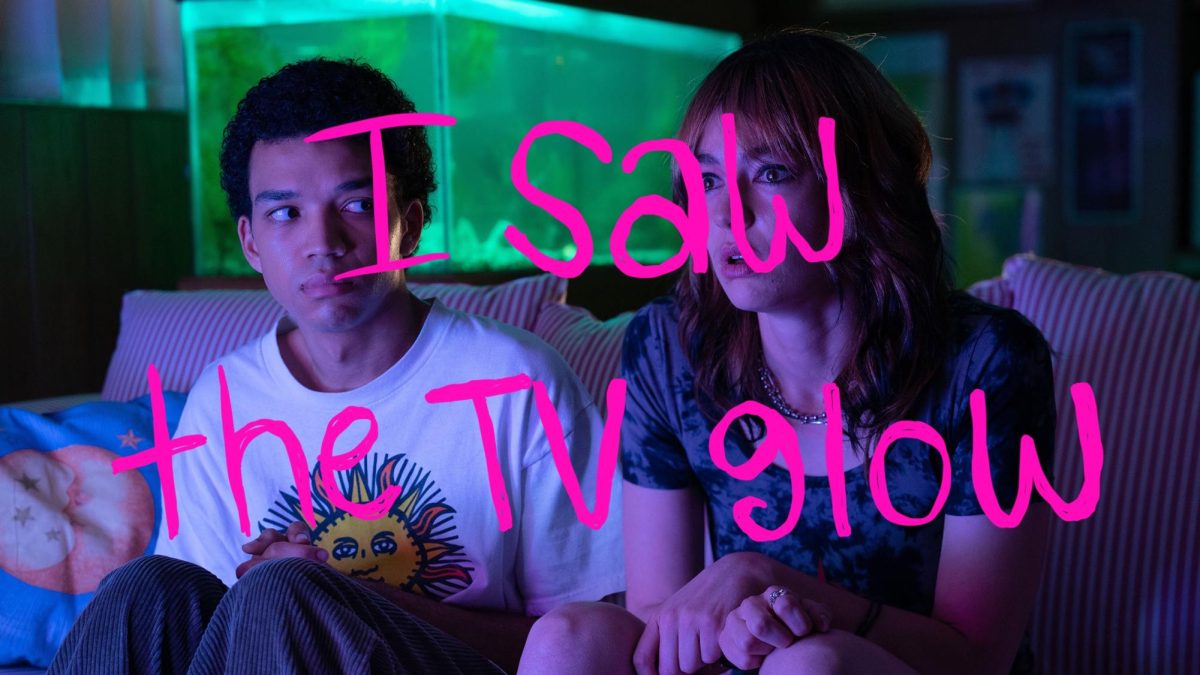When Kacey Musgraves released her major-label debut “Same Trailer, Different Park” in 2013, she immediately established herself as a renegade and a revivalist, capable of pushing country music in a new direction while simultaneously recapturing its essential soul. This, of course, is a lot to ask from a twenty-something born in Golden, Texas (population 200) but if anyone seemed up to the challenge, it was Musgraves. It helped that she seemingly arrived sui generis, with a millennial cowgirl image, irreverent sense of humor and almost frighteningly good songwriting chops. Some of Musgrave’s turns of phrase were simply perfect — hilarious, poignant, witty and wise. My personal favorite — “Mama’s hooked on Mary Kay/ Brother’s hooked on Mary Jane/ And Daddy’s hooked on Mary two doors down” — is from the song “Merry Go Round,” though there are several close runner-ups.
Musgrave’s melodies had a classicist bent, but her spiky lyrics were brazenly progressive — she sang about homosexuality, using drugs and having casual sex with a wink and a shrug. She also could be brutally honest about the boredom and closed-mindedness of small town life. Sure, the music was catchy and well crafted and it was definitely country music in the most traditional sense. Compared to the some of the more moronic hit songs in recent memory, however, Musgrave’s singles felt like a shock to the system. Perhaps unfairly, Musgrave’s arrival felt like a litmus test for an industry that has been infamously dismissive of change — just a decade earlier, the Dixie Chicks were blacklisted for publicly criticizing President Bush. For some hopeful listeners, Musgraves was a few marijuana jokes away from unleashing a new era.
It’s been five years since the release of “Same Trailer, Different Park.” Since then, Musgraves released another excellent album, but she has not exactly remade Nashville in her image — she is more of a cult favorite than a global superstar. Even after picking up some Grammy Awards and heaps of critical accolades, it is still unlikely to hear a Kacey Musgraves song sandwiched between Jason Aldean and Blake Shelton on a country radio station. This probably points to a depressing future for the genre, but Musgraves herself seems to be doing just fine. Her most recent album “Golden Hour” is her most artistically innovative and ambitious album to date, definitively proving that Musgraves’ talent cannot be pinned down into traditional boxes. Maybe Nashville doesn’t want her, but from the opening notes of “Golden Hour,” it’s clear they don’t deserve her anyway.
On “Golden Hour,” Musgraves unlearns many of the techniques that became trademarks on “Same Trailer, Different Park” and “Pageant Material.” As a lyricist, the old Musgraves mostly wrote parables of individualism, with a distinctly American ethos of minding your own business. She was a distinctive songwriter, but her basic attitude fit within the modus operandi of this century’s most popular female country singers: sassy hell-raisers, like Natalie Maines and Miranda Lambert. At this point, there isn’t any modern country artist who sounds or writes like Musgraves. The songwriting on “Golden Hour” confirms that Musgraves’ wit is blessedly intact, but the album is less enamored with rude punch lines than her previous ones. If Miranda Lambert’s excellent 2016 album “The Weight of These Wings” was country radio’s answer to Beyoncé’s “Lemonade,” then “Golden Hour” must be Beyoncé’s self-titled album. Both are artistically daring LPs that find inspiration in marital bliss and personal fulfillment. In 2017, Musgraves married musician Ruston Kelly, and the relationship seems to have inspired the kind of love songs that were mostly absent in her earlier material. Musgraves is fascinated with loneliness — specifically how to embrace it when it comes and how nice it feels when it leaves. Musically and lyrically, “Golden Hour” is curious, open and optimistic. From start to finish, it’s a refreshing, even inspiring listen.
On her previous work, Musgraves’ sound was surprisingly traditional — her simple Americana melodies served as a clever contrast to the worldliness of her lyrics. Her new work mostly abandons this idea — it’s clear right out of the gate that we aren’t in Texas anymore — and the songs on “Golden Hour” explore folk, psychedelia and pop with invigorating confidence. Like many kids of the Internet, Musgraves is decidedly agnostic on genre classification, which is a logical byproduct of technology that lets you shuffle between Allison Krauss and Weezer while walking to class. Technically, “Golden Hour” is a pop crossover album, but it never feels like a calculating ploy for mainstream success. In fact, this album’s new sound leads Musgraves in some delightfully strange directions: “High Horse,” the best song on “Golden Hour,” sounds as if Loretta Lynn was a closeted Daft Punk fan. Even when the music does not adopt the aesthetic tics of country music, most of the genre’s best qualities (emotional directness, narrative craft and simple construction) remain intact. Each song on “Golden Hour” is an expansive, inventive vision of what country is capable of. If this generation of Wal Mart yodelers uses Musgraves as a guide, we could be in for an exciting few decades.
















